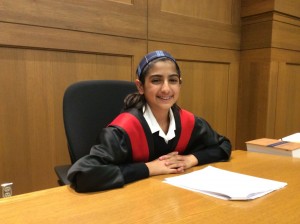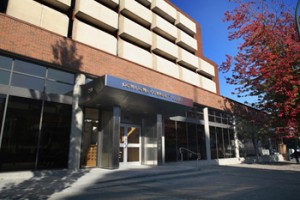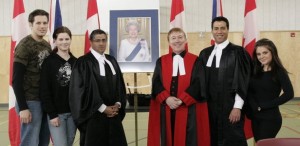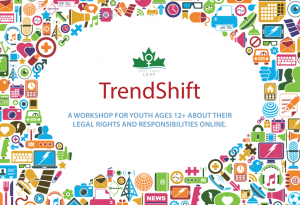Census 2016 Resources
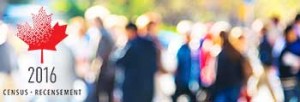 The following information on the 2016 Census is from the City of Vancouver but includes general helpful info:
The following information on the 2016 Census is from the City of Vancouver but includes general helpful info:
Dear Community Partners:
As you are aware, the 2016 Census is officially underway!
In an effort to encourage all Vancouver residents to participate in this year’s Census, we ask you to share the following information with your colleagues and clients. Among other things, people may not be aware that, in addition to English and French, the questions are available here in 11 ethnic languages and 11 aboriginal languages, as well as in braille, audio and sign language (video). It is important to note that the questions are translated for reference purposes only. The census questionnaire must be completed online or on paper, in either English or French. The census paper questionnaire can be obtained in large print format by calling the Census Help Line at 1-855-700-2016.
Statistics Canada staff will also go out into the community and give presentations on request: please contact Peter Liang at Peter.Liang@canada.ca or 604.366.7597.
Census Questions
- Short form (given to 100% of households): http://www12.statcan.gc.ca/census-recensement/2016/ref/questionnaires/questions-eng.cfm
- Long form (given to 25% sample of households): http://www12.statcan.gc.ca/nhs-enm/2016/ref/questionnaires/questions-eng.cfm
Data Collection
- Mailout of letters to all households in Statistics Canada database about has already taken place (May 2nd).
- Any household not receiving a letter should call the Census help line at: 1-855-700-2016 or TTY 1-866-753-7083. In particular in Vancouver, many secondary suites may not be known to Statistics Canada, and we’d really like their information to be collected.
- In-person enumeration and follow up will take place over the next few months.
Making the Census Accessible
- Census help line: The Census Help Line operates Monday to Friday, from 8:00 a.m. to 8:00 p.m. and Saturday and Sunday, from 8:30 a.m. to 4:30 p.m., starting May 2, 2016. The census help line will answer questions in non-official languages as able.
- Anyone can request a printed copy of the questionnaire if they are unable to complete it online.
- Accommodation for people with sensory disabilities: http://www.census.gc.ca/ccr16h/ccr16h_001-eng.html
- Multilingual fact sheets and translations of the questionnaire: http://www.census.gc.ca/ccr16f/ccr16f_000-eng.html
Content of the Questions
- Completing the census is mandatory.
- No personal information is published (until 2108, if people give permission to future researchers) and it’s not used for anything but statistical purposes.
- The census isn’t perfect, and some questions may not include everyone: In particular, persons not identifying as either male or female should leave the sex question blank but must add an explanatory note in the comments section: http://www.census.gc.ca/ccr16c/ccr16c_010-eng.html#a73.
- There are city resources that can help with some of the long-form questions: In particular, people can use Vanmap to look up the year their dwelling was built and what its assessed value is.
Census Jobs
- Statistics Canada is still hiring field staff to collect data. People may apply if they are 18 years of age or older and are eligible to work in Canada as a citizen, permanent resident or temporary resident with a work permit.
- More information about the hiring process is available online: http://www.census.gc.ca/ccr16d/ccr16d_000-eng.html.
